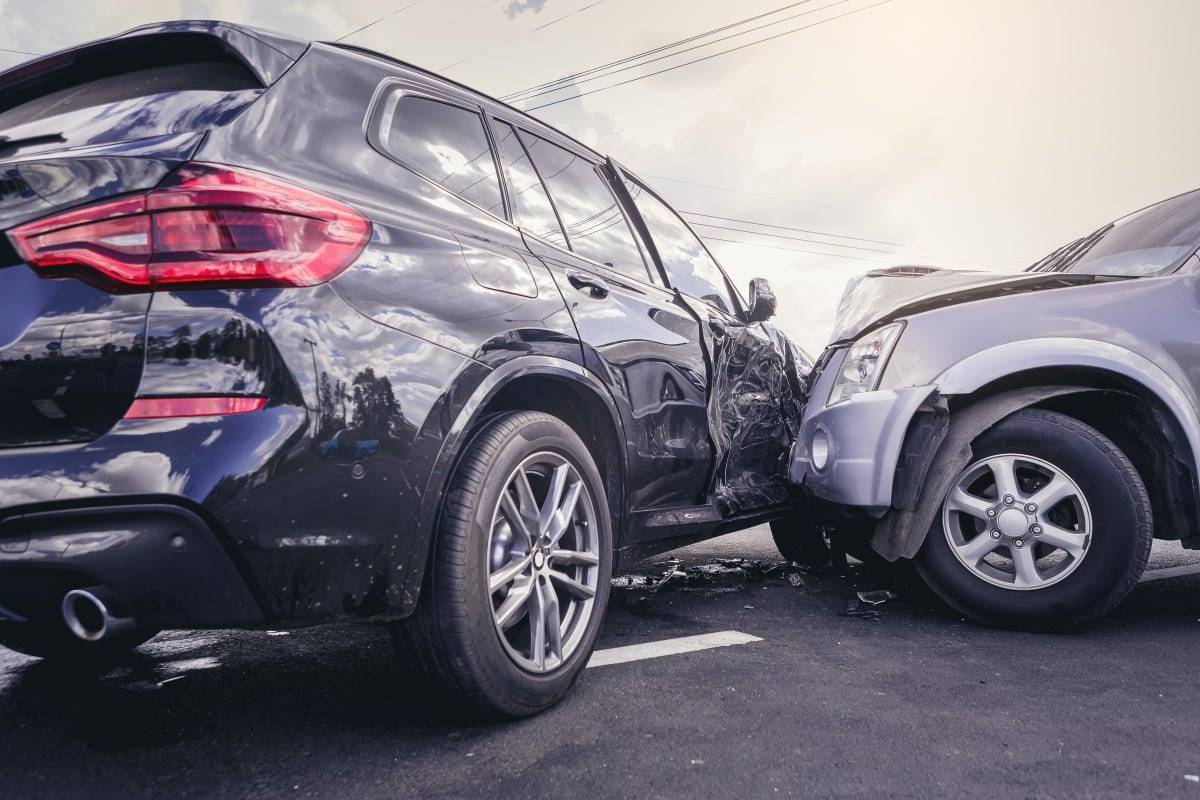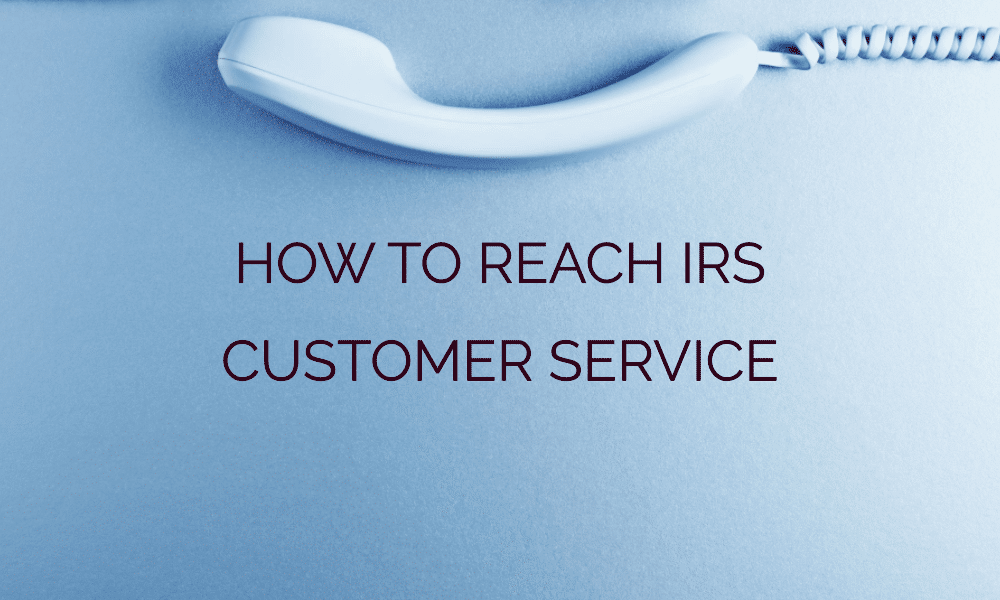Dos and Don’ts for Dealing with Insurance Companies After a Car Accident

Immediately after the accident, be sure to document all damages that resulted from the crash. It includes physical damage to the vehicle and incurred medical expenses.
Limit any conversations with insurance representatives to only necessary information. Sharing too much could hurt your case in the long run. Also, don’t give out the names of family members or friends to the insurers.
Don’t Refuse Medical Treatment
When you refuse medical treatment at the scene, insurance companies can use that against you. They will argue that you weren’t injured or that your injuries aren’t related to the accident. The sooner you see a doctor, the more difficult it will be for them to claim your injuries are unrelated to the crash.
Also, it’s essential to stay at the accident scene if possible. If your vehicle is blocking traffic, you should move it to a safe location or walk to safety, says Holeman. Doing this could save you from additional injury, as the stress of trying to push or drive a damaged car can make your injuries worse. Collecting witnesses’ names, insurance information, and contact numbers is also a good idea. They may be able to provide crucial testimony if the case goes to trial. They can also help you obtain a copy of the police report.
Don’t Talk to the Other Driver’s Insurance Company
Even if you think the other driver is to blame for the crash, it’s best to refrain from discussing the matter with them. It is because anything you say can be used to deny or diminish your claim. Instead, it would be best to go through your insurer first and then let them handle the negotiations with the other company.
When contacted by the at-fault driver’s insurance company, it is vital to be calm and polite. Having as much information as possible to relay to the adjuster is also helpful. It includes photos of the accident, the names and numbers of any witnesses, the other driver’s license plate number, the policy number and coverage limits of their insurance, and details about how the crash occurred.
Insurance agents may try to get you to give a recorded statement as soon as possible after the accident. Be aware that you are not required by Nevada law to give a recorded statement and should always speak with an attorney before agreeing to one.
Don’t Accept the First Offer
A car accident is an upsetting and frustrating experience. It can leave injury victims feeling overwhelmed and confused, mainly when dealing with the insurance company. Insurance companies are often pushy and use manipulation tactics to lower compensation or deny claims.
If you accept the first offer, you will miss out on any future payments you may be entitled to receive for medical bills and other expenses. Before accepting any settlement offers from the insurance company, speaking with a personal injury attorney is always prudent.
Keep in mind that insurance companies are commercial enterprises whose mission is to turn a profit by collecting premiums and making as few claims payments as possible. Your statement will be scrutinized and used against you if the insurance adjuster questions you at any time. Avoid saying anything that could be used to contradict your previous statements or cast doubt on your injuries. Keep the conversation short and to the point.
Don’t Sign Any Documents Without the Advice of an Attorney
Innocent statements made to an insurance adjuster after a crash can be twisted and used against you later. It is best to speak with these representatives only after you have consulted an attorney.
Additionally, take pictures or videos of the -accident scene, including the skid marks and damage to both vehicles’ property. This information will help an insurance adjuster re-create the accident in the claims process.
Finally, obtain any witnesses’ names and contact information if you can do so. These people could provide crucial testimony if the matter goes to court.
While it may seem like a hassle to file a police report, the process is vitally essential for car accident victims. This official document makes proving that the other driver was liable much easier. Moreover, the other driver may deny that an accident occurred, making it much more challenging to claim damages from their insurer.









